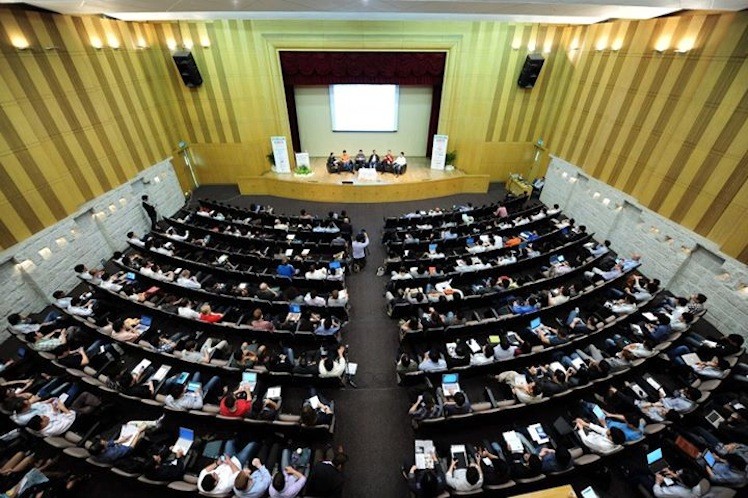Is now the time to invest in Thailand
Post on: 7 Июнь, 2015 No Comment

PeterKohli
Peter Kohli is the chief executive officer of DMS Funds and an independent wealth manager specializing in estate planning under the name DMS Financial. Earlier, he held a variety of financial services-related positions, including financial planner involved in the sale of mutual funds. He holds a Chartered Financial Consultant (ChFC) designation from The American College (Bryn Mawr, PA). DMS funds currently offers the DMS Baltic Index, DMS India Midcap Index, the DMS India Bank Index and DMS Poland Large-Cap Index funds .
Peter Kohli’s Latest Posts
Did you notice that during Thailand’s military coup, all the markets did was yawn?
I’m not quite sure what General Prayuth Chan-Ocha wants to accomplish by taking control of Thailand. If it’s to promote democracy, I think he will fail. If it’s to promote tension between the political parties, he will likely succeed.
Democracies are messy, but they always manage to sort out their problems when the political parties are left alone. There is still time for General Prayuth, who may have Thailand’s best interest at heart, to announce an election date, go home and let the electorate decide things for themselves before severe damage is done to Thailand’s economy and foreign investors flee.
Until the coup, one of my biggest concerns about Thailand was that the wealthy, upper-middle class are perhaps the least supportive of democracy. This is due, in part, to Thailand’s class-based society in which the elite are dominated by ethnic Chinese who hold some of the country’s highest political, economic, military and cultural positions.
Meanwhile, in economic terms, Thailand is a solid developing-market play, though at a different point in its advancement compared with other Asian countries.
Even before the coup, Thailand had challenges. How it resolves them will dictate its future course and its suitability for increased investment.
Thailand has built a diverse industrial base with buyers worldwide. Known as an Asian Tiger Cub, the Thai economy is export-oriented, with exports making up 65% of its GDP. The export markets are nicely balanced. In 2012, Thailand’s trading partners were China (12%), Japan (10%), the U.S. (10%) and the E.U. (9.5%), plus Malaysia, Australia and Singapore.

Although some 88% of exports go to non-China destinations, China is rapidly assuming more influence in what was once America’s oldest South Asian ally. In 2006, China described the coup as Bangkok’s internal affair and gave Thailand $49 million in military aid.
There’s no reason to assume it will act differently in 2014.
For those with a hearty appetite for volatility, Thailand still remains a good long-term play. As of this writing, the benchmark index of the Stock Exchange of Thailand, Thaidex SET50 ETF TDEX, +0.40% is roughly where it was in October 2013, and trending up.
Foreign investor access to the Thai market includes major domestic companies such as Thai Airways International PLC THAI, +1.75% and Thaicom Pcl THCOM, +1.41% which is available as an ADR; three ETFs and several funds, including the iShares MSCI Thailand Investable Market Index Fund THD, -0.94% the Thai Fund TTF, -0.57% and the Thai Capital Fund ; and imminently the DMS Thailand Select 33 Index Fund which mirrors the NASDAQ Thailand Select 33 Total Return Index .
Disclosure: Kohli owns the DMS Thailand Select 33 Fund.














